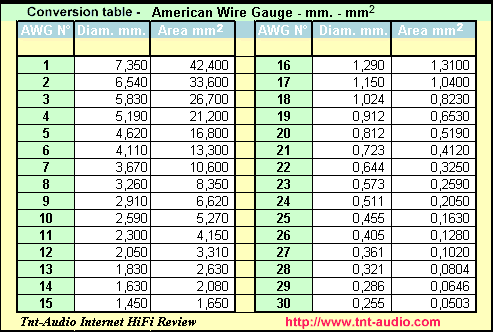The relevant parameter will be cable resistance and required thickness will be inversely proportional to length for a given resistance.
You can use the excel sheet at the end of
this Benchmark article on damping factor to estimate cable resistance for a specified thickness and length, and it will also calculate expected maximum frequency response variation for a given speaker impedance and amplifier damping factor.
To give an example of a pretty bad case - my amplifier has a very low/bad damping factor (~15) and with a very thin 2m speaker cable (0,75mm2) to a 6 Ohm nominal impedance speaker I got ~1,2 dB estimated (
and measured) maximum variation in frequency response. Note that in my case the amp damping factor is the limiting factor much more than speaker wire thickness.
Even that is still a lot less than the influence room and speaker will have on the full system response though, so probably not worth worrying to much about it



